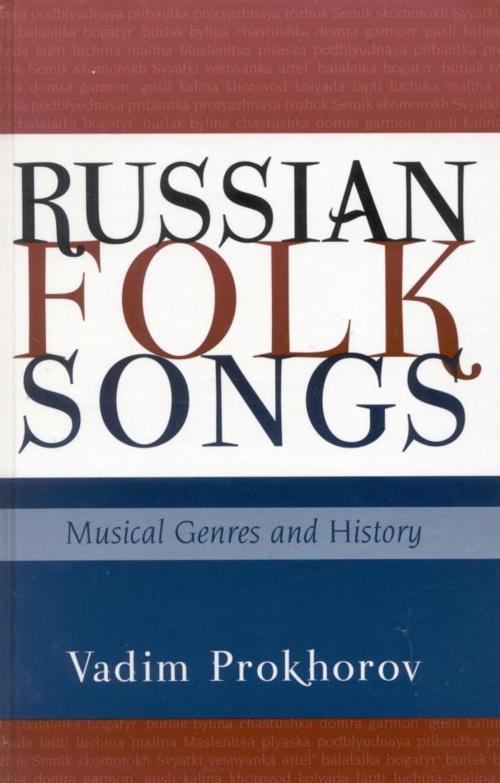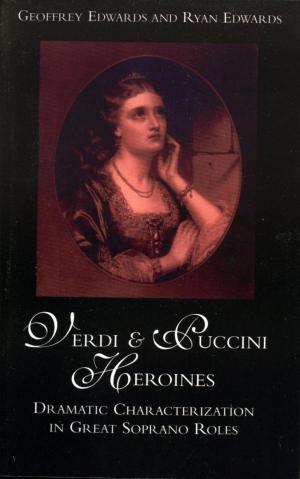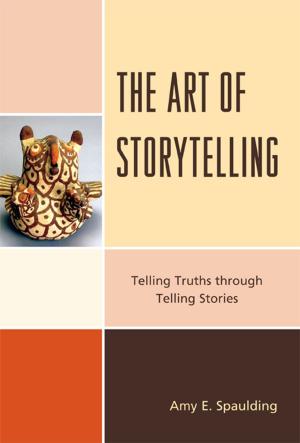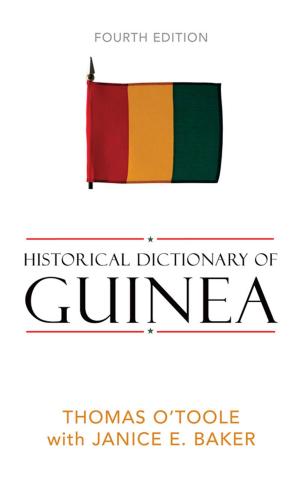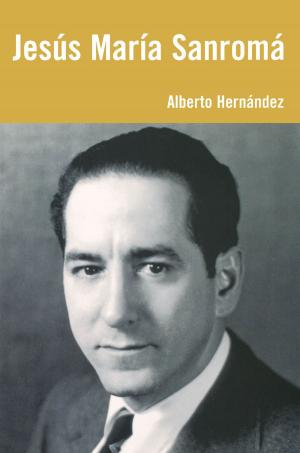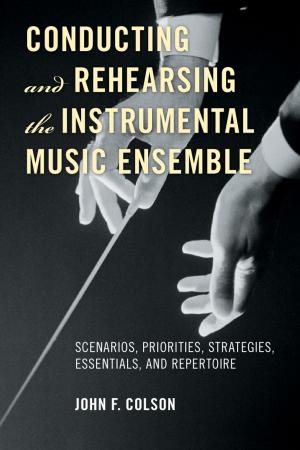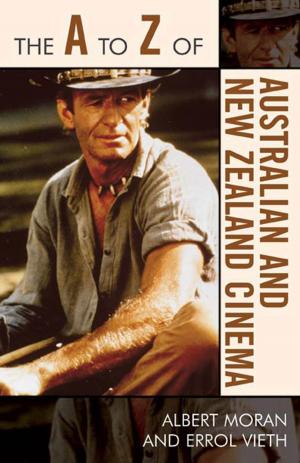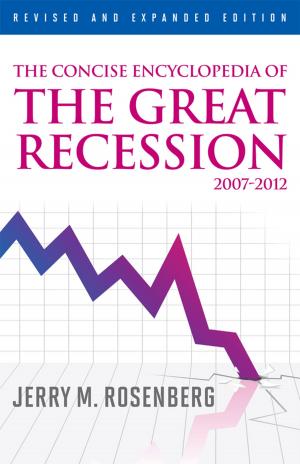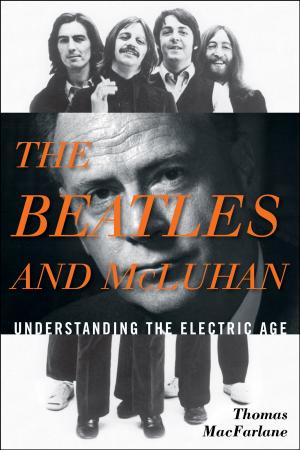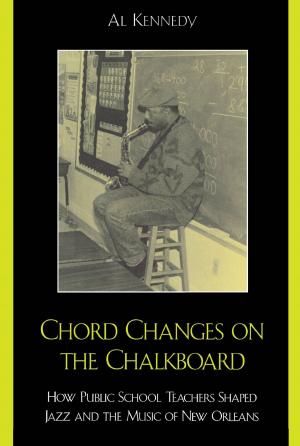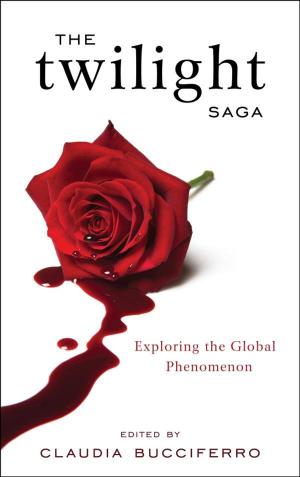Russian Folk Songs
Musical Genres and History
Nonfiction, Entertainment, Music, Theory & Criticism, Ethnomusicology, International, Music Styles, Folk & Traditional| Author: | Vadim Prokhorov | ISBN: | 9781461701828 |
| Publisher: | Scarecrow Press | Publication: | January 8, 2002 |
| Imprint: | Scarecrow Press | Language: | English |
| Author: | Vadim Prokhorov |
| ISBN: | 9781461701828 |
| Publisher: | Scarecrow Press |
| Publication: | January 8, 2002 |
| Imprint: | Scarecrow Press |
| Language: | English |
"Russian folk songs are a living history of the Russian people, rich, vivid and truthful, revealing their entire life," wrote the great Russian writer Nikolai Gogol.
Russian folk songs have always played an essential part in Russian life, culture, and music. They have played an important part in the work of many great Russian composers including Glinka, Rimsky-Korsakov, Borodin, Tchaikovsky, Prokoviev, and Stravinsky. In this new study, Vadim Prokhorov provides a historical survey and a description of the musical and poetic characteristics of Russian folk song. The songs themselves are classified into several categories: calendar songs, lyric songs, work songs, epic songs, historical songs, and the urban songs that emerged in the 18th and 19th centuries.
Prokhorov provides a basis for understanding the ethnomusicological principles of Russian folk song. In addition to his discussion of the various categories, he includes a generous selection of songs arranged for voice and piano, together with texts and translations of the song texts. Anyone interested in this rich repertory of folk song, whether as teacher, singer, or music lover, will find this a rewarding collection.
"Russian folk songs are a living history of the Russian people, rich, vivid and truthful, revealing their entire life," wrote the great Russian writer Nikolai Gogol.
Russian folk songs have always played an essential part in Russian life, culture, and music. They have played an important part in the work of many great Russian composers including Glinka, Rimsky-Korsakov, Borodin, Tchaikovsky, Prokoviev, and Stravinsky. In this new study, Vadim Prokhorov provides a historical survey and a description of the musical and poetic characteristics of Russian folk song. The songs themselves are classified into several categories: calendar songs, lyric songs, work songs, epic songs, historical songs, and the urban songs that emerged in the 18th and 19th centuries.
Prokhorov provides a basis for understanding the ethnomusicological principles of Russian folk song. In addition to his discussion of the various categories, he includes a generous selection of songs arranged for voice and piano, together with texts and translations of the song texts. Anyone interested in this rich repertory of folk song, whether as teacher, singer, or music lover, will find this a rewarding collection.
